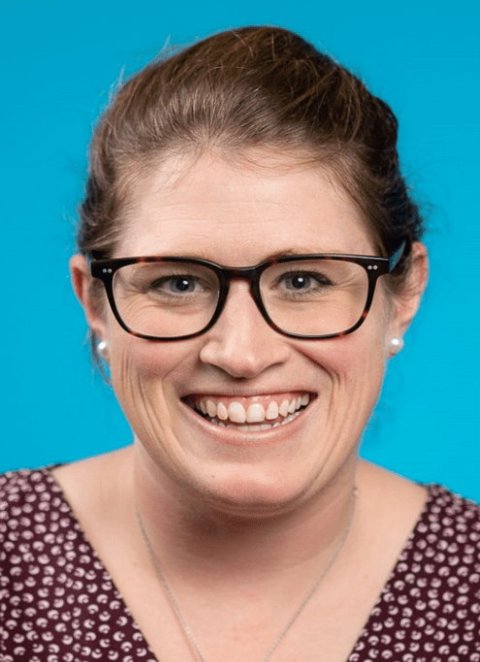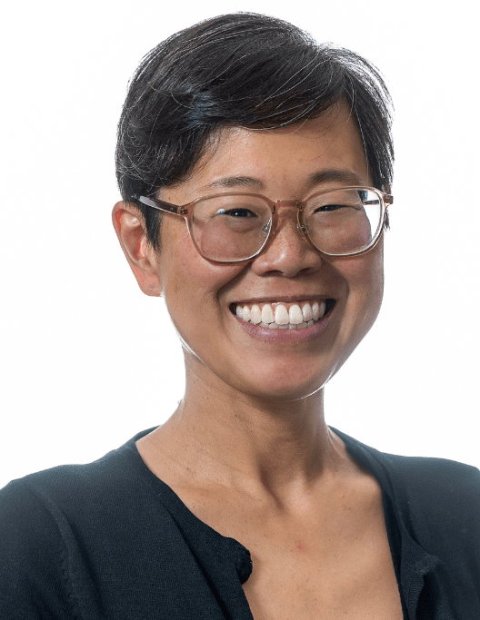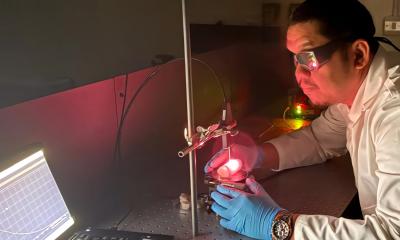Image source: Adobe Stock/freshidea
News • Warfarin, personalised
AI helps dosing anticoagulation meds in heart surgery patients
A group of St. Michael’s Hospital researchers has developed an artificial intelligence (AI) tool to help clinicians prescribe warfarin to heart surgery patients.
The tool is currently in use at St. Michael’s, where clinicians say it’s been helpful in guiding their use of the blood thinner medication. A study describing how the tool was developed and validated was recently published in JMIR Cardio.
Warfarin is an oral anticoagulant that some patients are prescribed for various indications after heart surgery. Unlike other medications, where the adult dosage is standardized, each patient will require a personalized prescription based on their response to warfarin. To get the correct warfarin dose, patients have to have their INR tested. INR – international normalized ratio test – is a common blood test that determines how quickly your blood clots. If the warfarin dose is too low, the patient runs the risk of developing a blood clot. If the dose is too high, the patient runs the risk of having internal bleeding or other serious adverse events.
After a patient begins warfarin, their INR will be checked often to determine their response to the drug. A patient’s dose is determined once the INR falls within a specific therapeutic range. If the INR does not fall within the desired range, then the clinician will have to adjust the warfarin dose and continue the process until the INR falls within the target range.

Image source: Unity Health Toronto
Getting the correct dosage of warfarin can be tough, as there are many variables that impact its effectiveness, says Lindsay Dryden, St. Michael’s Hospital clinical pharmacist and study lead author. “Warfarin is not like Tylenol or Advil, where my dose would be the same as another adult’s dose. It is sensitive to many different patient factors, from a patient’s genetics, to how their kidney and liver metabolize the drug, to how many days post-surgery the patient starts the drug,” she said.
Typically, clinicians would have to consider all these factors when deciding the patient’s dose, but the new AI automatically accounts for them and calculates a dose. This calculation can be used as a reference by prescribing clinicians, Dryden said. “People talk about the art of dosing, and some clinicians have a knack for it. But the nice thing about this tool is that it’s an extra layer of validation for patients for whom we’re struggling to get the right dose,” she said. “It’s something that clinicians can hang their hat on and that gives them a bit more confidence.”

The tool was developed using anonymized data from more than 1,000 heart surgery patients who were administered warfarin at St. Michael’s Hospital between April 2011 – November 2019. Data included variables such as patient characteristics, health conditions, their unique warfarin doses and how they responded to the warfarin, said Jacquelin Song, interim manager of Practice Innovation and Change, and study co-author.
The tool was then tested using a second set of data, and validated for accuracy. The tool has two validated AI models: one for predicting the warfarin dose for patients receiving a mechanical valve replacement, and a second model for predicting the warfarin dose required for all other heart surgery patients. The tool is currently being used by clinicians at St. Michael’s and the feedback has been positive, said Song. “It’s a predictive tool that’s based off retrospective data – so if a patient comes in with similar characteristics and variables of past patients, we can predict how they might respond to a similar warfarin dose,” she said. “This is an extra tool to help support clinical decision-making, almost like a second opinion.”
Dryden and Song developed the idea while participating in a 2019 Unity Health Toronto fellowship with the Data Science and Advanced Analytics Department (DSAA). The fellowship paired them with members of the DSAA team, who helped bring their idea to life with AI. “Our fellowship was a great program to participate in,” said Dryden. “We received so much support to complete our project. I definitely recommend it for other staff who are seeking research and learning opportunities.”
Source: Unity Health Toronto / Marlene Leung
14.03.2024





